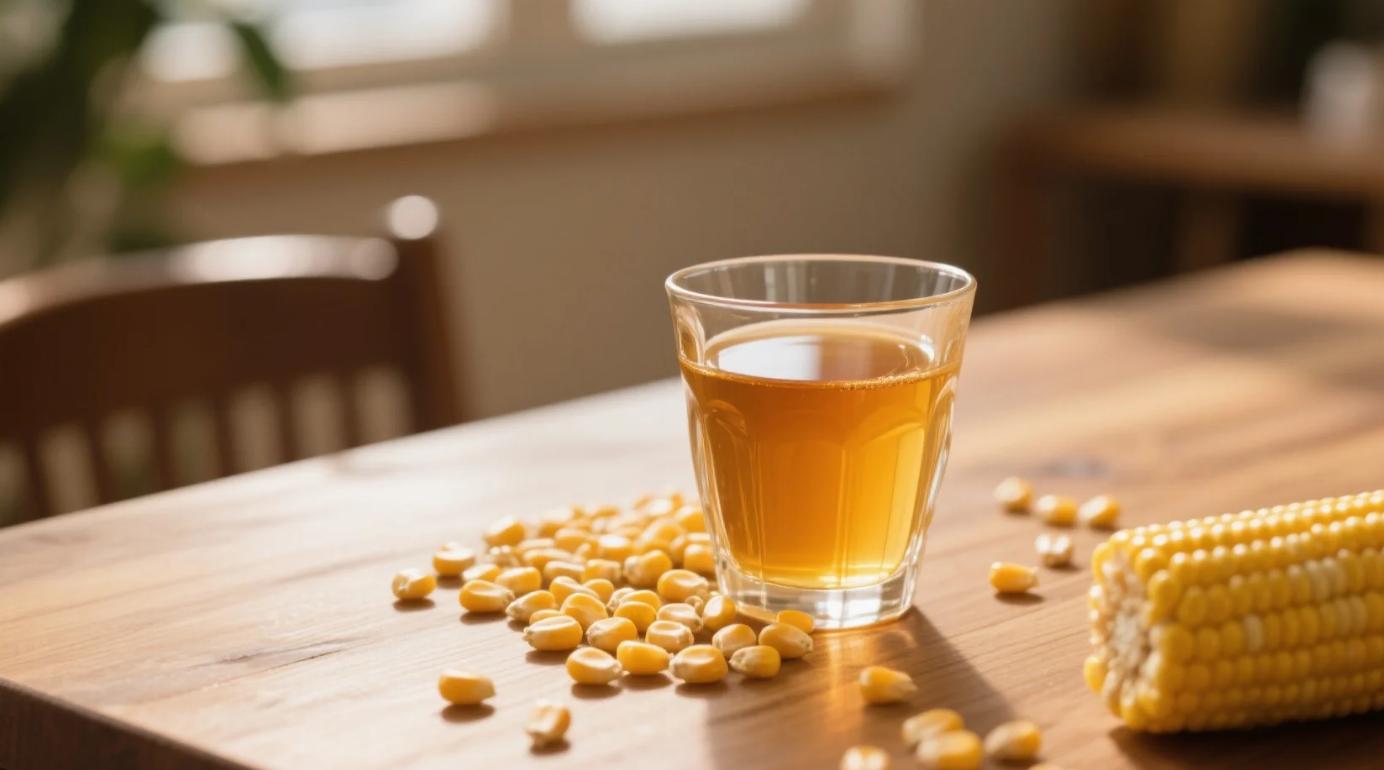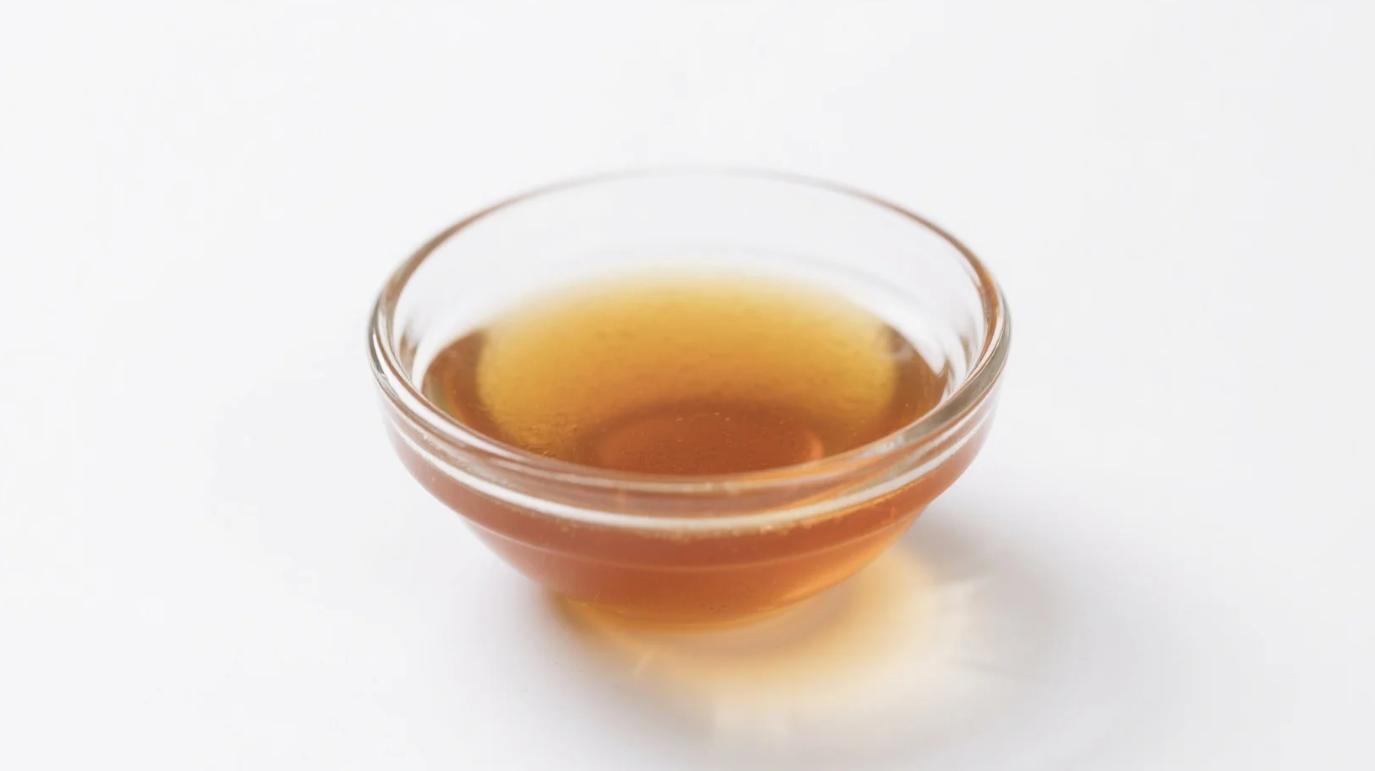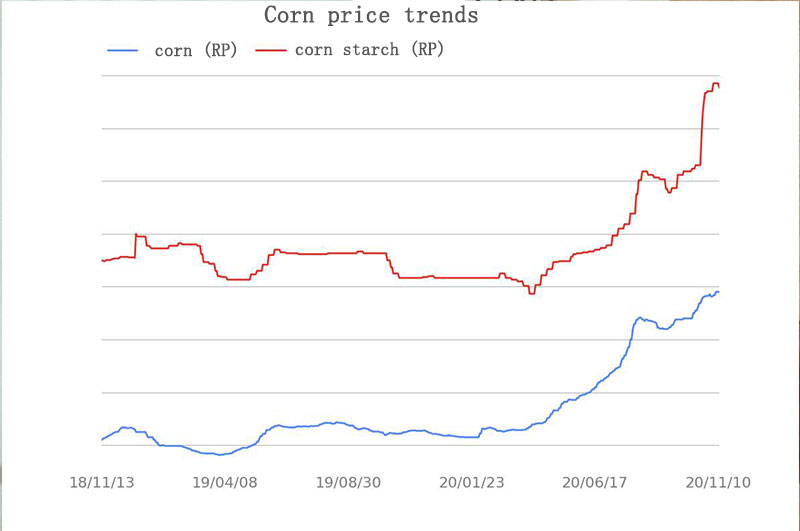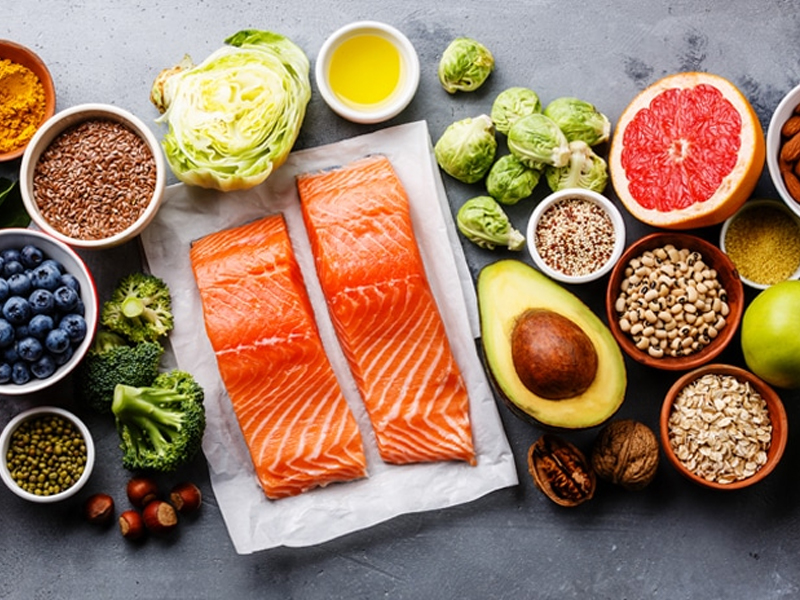Sweetener Showdown: Malt Syrup vs. Sugar
As the world seeks alternatives to refined sugar, organic malt syrup—a centuries-old sweetener made from sprouted barley—is making a comeback. But does its rustic charm translate to real health benefits? Let’s dissect how this amber elixir stacks up against table sugar (sucrose) in nutrition, metabolism, and long-term wellness.

1. Nutrient Density: Malt Syrup’s Hidden Edge
While both sweeteners deliver ~4 calories per gram, malt syrup offers micronutrients absent in refined sugar:
- Magnesium (6% DV per tbsp): Supports muscle recovery and sleep.
- Vitamin B6 (5% DV): Critical for mood regulation and energy metabolism.
- Maltose (65% of content): A disaccharide (glucose + glucose) gentler on the liver than sucrose’s glucose + fructose.
Key Fact: A 2023 Journal of Food Science study found malt syrup users had 20% higher magnesium levels than sucrose consumers.
2. Metabolic Impact: The Fructose Factor
- Sugar (Sucrose): Splits into 50% glucose + 50% fructose. Fructose overloads the liver, driving insulin resistance and fatty liver disease.
- Malt Syrup: Contains <5% fructose. Primarily maltose (glucose-glucose) is metabolized into energy without taxing the liver.
Research Insight: Replacing sucrose with malt syrup reduced liver fat by 12% in a 6-month NAFLD trial (Hepatology, 2023).
3. Glycemic Response: Not All Sugars Are Equal
- Malt Syrup (GI 60): Lower GI than sucrose (GI 65) due to slower maltose breakdown.
- Steady Energy: Ideal for athletes—studies show malt syrup sustains glycogen levels 25% longer post-workout vs. sucrose.
Caution: Diabetics should still monitor portions, but malt syrup’s fructose-free profile minimizes insulin spikes.
4. Gut Health: Prebiotic Perks Sugar Can’t Match
- Enzyme-Rich: Malt syrup’s natural amylase and protease aid digestion, reducing bloating.
- SCFA Production: Ferments into butyrate, a short-chain fatty acid that strengthens the gut lining.
- Low-FODMAP Friendly: Safe at ≤15g/day for IBS sufferers, unlike high-FODMAP sweeteners like honey.
5. Organic Certification: Why It Matters
Conventional malt syrup often contains glyphosate from unsprouted barley. Organic ensures:
- Sprouted Grains: Enhances nutrient bioavailability and reduces anti-nutrients.
- No Synthetic Pesticides: Protects gut microbiota from chemical disruptions.
- Regenerative Farming: Organic barley fields sequester 2x more carbon than sugarcane plantations.
6. Malt Syrup vs. Sugar: Head-to-Head
| Factor | Organic Malt Syrup | Refined Sugar |
|---|---|---|
| Fructose Content | <5% | 50% |
| Liver Impact | Low burden, no fat production | High fatty liver risk |
| Nutrients | Mg, B6, amino acids | None |
| Environmental Cost | Low water use, soil regeneration | High water waste, soil depletion |
7. How to Use Malt Syrup Wisely
- Morning Boost: Stir 1 tsp into oatmeal or matcha for sustained energy.
- Baking Swap: Replace 50% sugar in recipes for caramel-like depth without fructose.
- Fermentation: Prime sourdough or brew kombucha—malt’s enzymes aid microbial growth.
Limit: 20g/day to avoid excess simple carbs. Pair with fiber (e.g., chia seeds) to balance blood sugar.
8. The Verdict: A Sweet Upgrade, Not a Free Pass
Organic malt syrup isn’t “health food,” but a less harmful alternative to sugar. Its edge lies in minimal fructose, trace nutrients, and gut-friendly enzymes—making it ideal for active lifestyles and liver-conscious consumers.
Sweeten Like a Sage
Organic malt syrup bridges tradition and modern wellness, offering nuanced sweetness without sugar’s metabolic chaos. By choosing organic, you honor both body and planet—one golden drop at a time.
Choose depth. Choose clarity.
Recommended Product
Organic Malt Syrup
Natural Sweetener & Functional Ingredient for Food, Beverage, and Health Products


